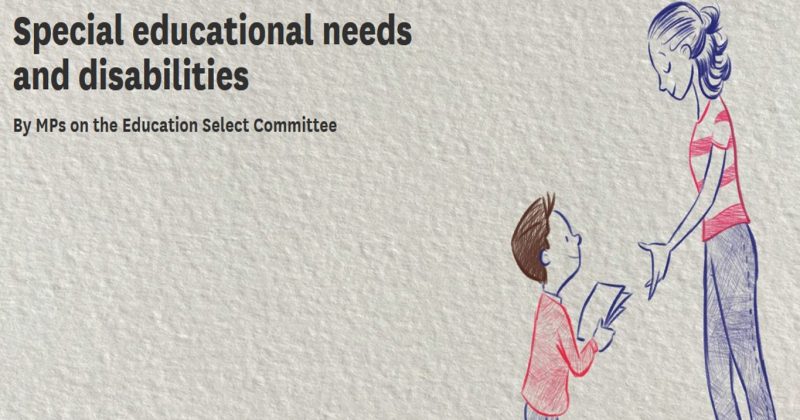SEND review ‘steering group’ appointed to push through reforms
Children's minister defends delays to landmark review and warns Covid has 'intensified' issues
Children's Minister: Will Quince
The government has named 23 members of a steering group set up to help push through its much-delayed SEND review, as a minister warned Covid had “intensified” issues.
In an open letter to parents of pupils with special educational needs and disabilities, children’s minister Will Quince said improvements to the system were “needed, and overdue”. The steering group will “help us move forward” with the review, he added.
The SEND review was first promised in September 2019. The government has now missed three of its own deadlines to publish it, with Covid cited as a major contributor to the delays.
Education secretary Nadhim Zahawi said last week that he was hoping to have it out “in the first quarter of next year” so it can “dovetail” with a planned schools white paper.
In his letter, Quince said the pandemic had “intensified some of the issues in the system, and...


